Shortness of Breath
Heart disease kills millions of men and women in the world each year. According to the Center for Disease Control, heart disease is the leading cause of death among women.
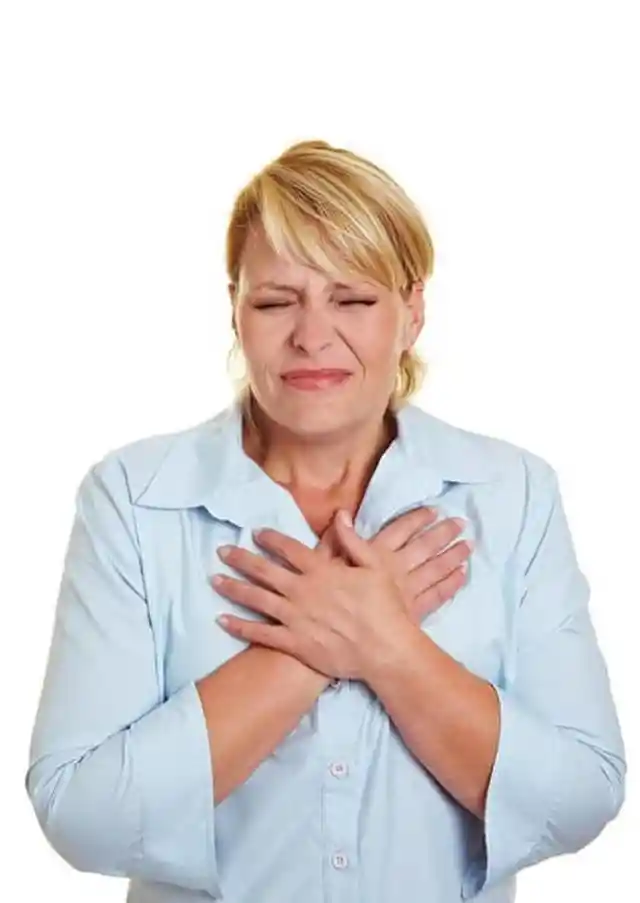
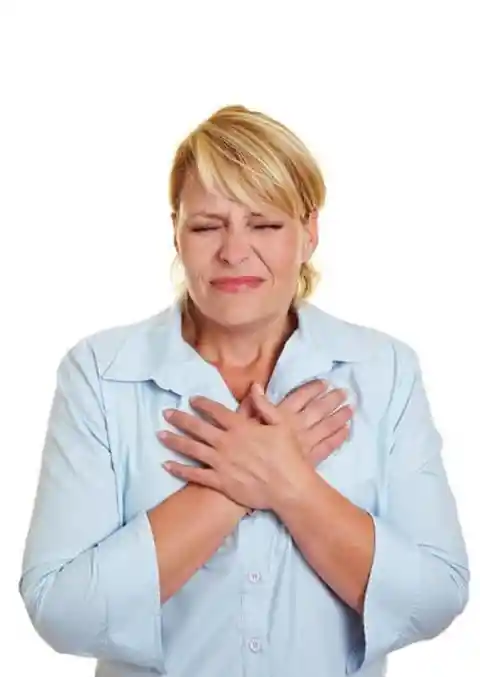
This is because women don’t recognize the symptoms and don’t seek emergency medical attention. Here are some of the signs that you need to look out for that can help you save lives in the future, including your own.
Shortness of breath is a common sign of heart disease. If you’ve just climbed a flight of stairs or finished an intense workout, that’s normal. But shortness of breath while in a relaxed state or while lying flat on your back should be a cause for alarm.
Lightheadedness
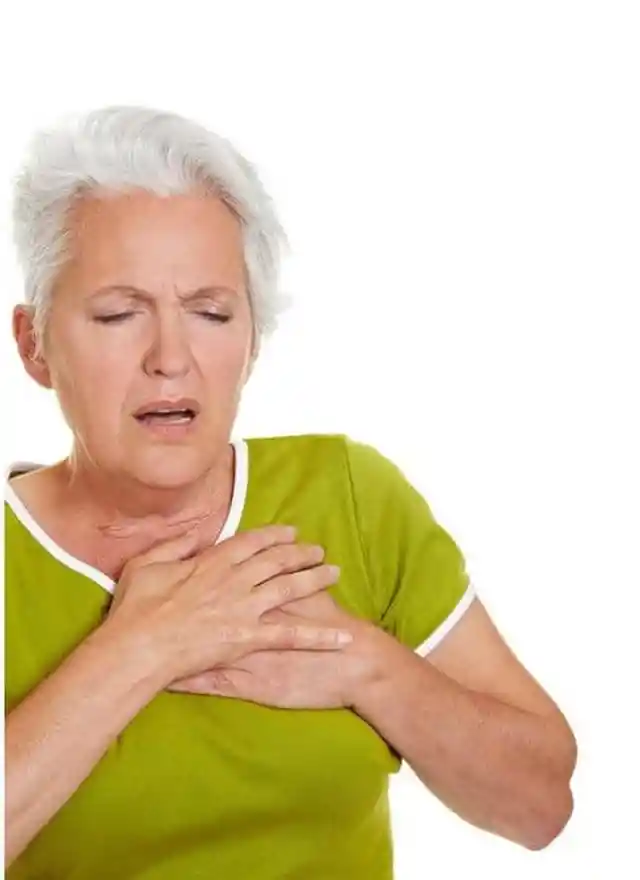
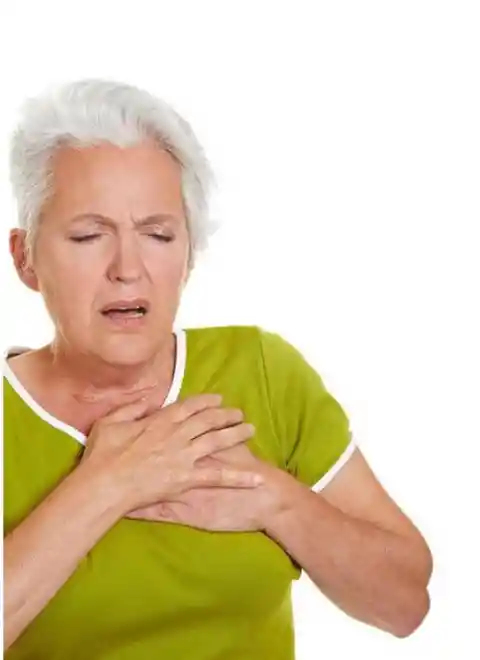
This means that the heart is not pumping blood out as effectively and is backing up in the blood vessels. This causes the fluid to leak to the lungs, congesting them and causing you to have difficulty with breathing.
You feel lightheaded when the heart rate or heart rhythm is irregular, and it decreases the blood supply to the brain. This can also be because the heart cannot pump enough blood due to a blockage.
Dizziness


It can also be a symptom of a heart attack.
Dizziness is quite common for people with heart problems. Dizzy spells can strike when you suddenly stand up or sit up.
Fainting


They can be because of abnormal heart functions and heart rhythm, or a narrowing of valves. They can also indicate a drop in blood pressure.
Fainting can also be an indication of heart disease, especially when it happens with exercise or is associated with heart irregularities.
Chest Pains and Discomfort


When the blood pressure is too low and there’s insufficient flow of blood to the brain, there can be a temporary loss of consciousness.
Any pain or discomfort in the chest is not something that you ignore. There are many possible causes, and some of them are not that serious.
Sweating


But some of them are also life threatening. One way to find out for sure is to have a doctor examine you to rule out serious heart conditions.
If you sweat profusely and you’re not even being active or doing exercise, this can be a sign of heart disease. This means that your heart is exerting extra effort to pump blood through clogged arteries.
Exhaustion


As a result, the body will break out in sweat to keep the body temperature down. You should see a doctor if you experience cold sweats or have clammy skin.
People who feel tired all the time for no good reason and experience difficulty doing ordinary tasks, like walking or climbing the stairs, can possibly have heart disease. The exhaustion is brought about by the reduction of the amount of blood that reaches the tissues and the muscles.
Pain from the Neck to the Navel


What happens instead is that the blood gets pumped to the more vital organs, such as the heart and the brain.
When you have upper body pain or discomfort, especially one that starts from the neck to the upper part of the stomach, and you also have other symptoms like shortness of breath and chest pains, you might be having a heart attack. Symptoms will vary, and they can be mild or severe.
Swelling in Legs, Feet, and Ankles


If you feel unsure whether what you’re experiencing are symptoms of a heart attack, see a doctor immediately.
When the feet, ankles, and legs are swollen, that only means there is a fluid accumulation in the body. That’s an indication that there is a heart problem that’s worsening over time.
Cough That Doesn’t Go Away
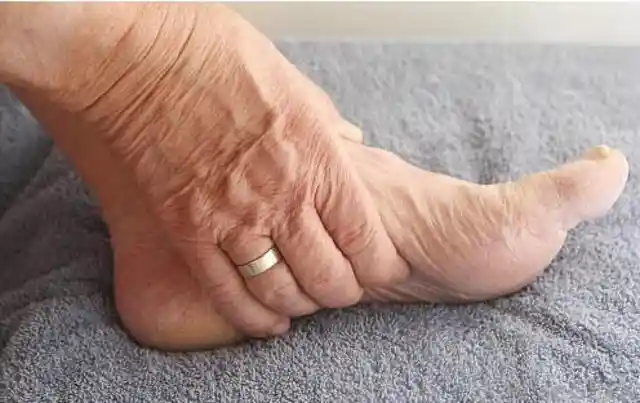
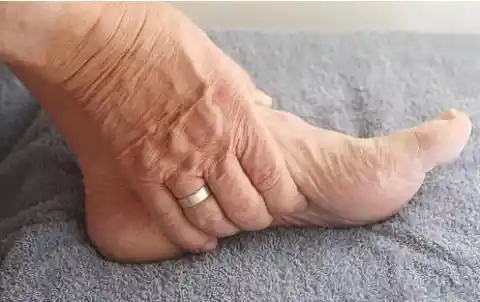
The fluid buildup is caused by the decreased blood flow from the heart, to the veins, and then back to the heart again. This results in fluid accumulation in the lower limbs.
A dry and persistent cough is not always a sign of heart trouble. However, if you’re experiencing other symptoms of heart disease together with your cough, it can very well be a sign of heart disease.
Palpitations


Watch out for white or pink mucus, because this is an indication that the heart can’t keep up, resulting in blood going back into the lungs.
Palpitations can be alarming and bothersome. They are also caused by many things. They can be brought about by strong emotions, intense physical activities, medical conditions, hormonal changes, or side effects of certain medications.
Sleeping Troubles
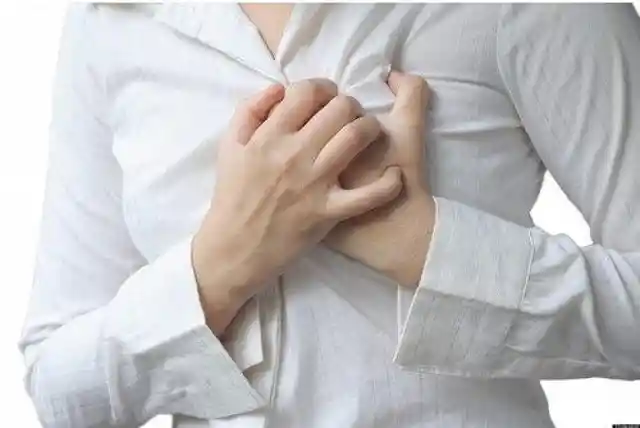
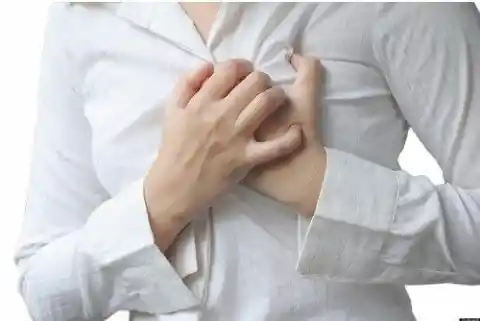
They can also be caused by an underlying heart condition. See a doctor if, together with the palpitation, you also experience the other symptoms of heart disease.
When you’re having trouble sleeping because of shortness of breath when you’re lying down, this can be an indication of heart disease. If there’s a problem with the heart, fluid tends to build up in the lungs and surrounding tissues.
Rapid Weight Gain


You end up waking up trying to gasp for air.
People with heart disease also tend to gain weight rapidly. It can be because of fluid accumulation, which causes pressure to rise in the blood vessels.
Indigestion
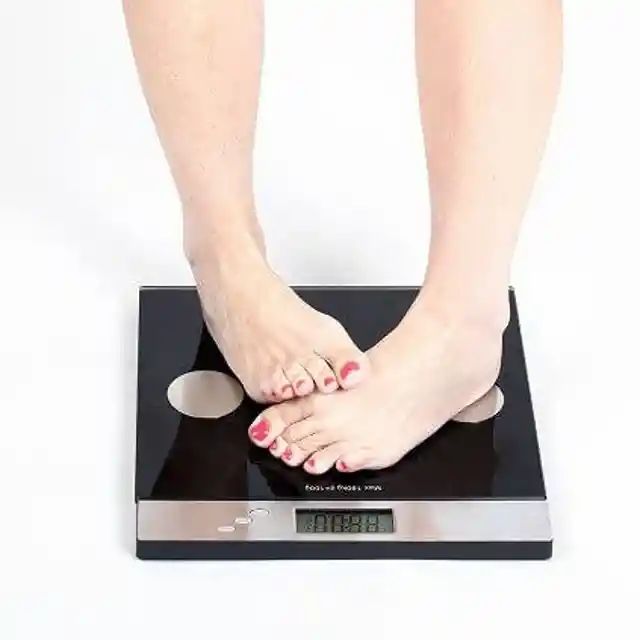
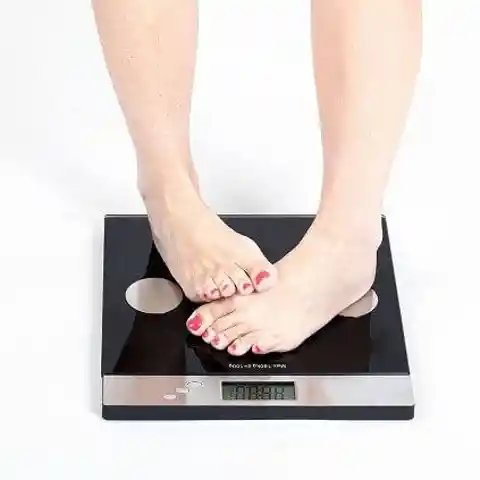
If you watch what you eat but still continue to gain weight and experience swelling in your ankles, feet, and legs, this can be related to a heart disease.
Indigestion is a common occurrence and is not a cause for alarm. But a symptom of heart disease includes indigestion.


When coupled with other heart disease symptoms like heartburn, palpitations, shortness of breath, and weakness, it can be something that you need to check with your doctor.